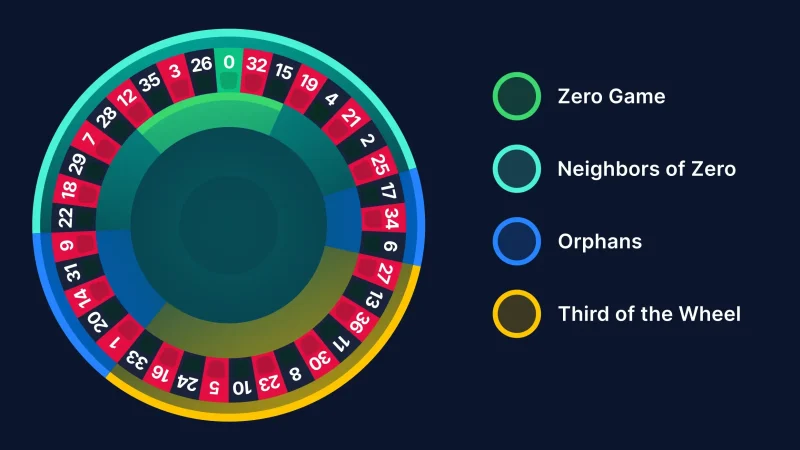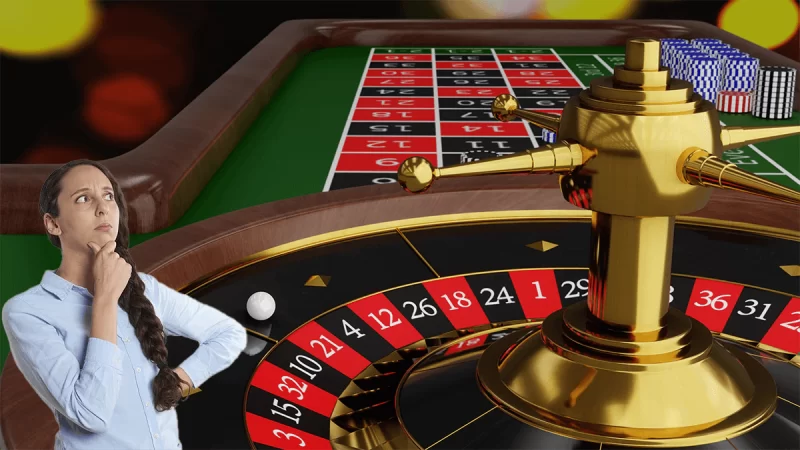Cultural Variations of Roulette Games Worldwide

The spin of a wheel. The clatter of a ball. The collective intake of breath. Roulette is a universal language of chance, a game that needs no translation. But here’s the fascinating part: while the core mechanics are the same, the local flavor changes everything. The game you play in a glittering Las Vegas casino is a distant cousin to the one enjoyed in a cozy French salon or a bustling German hall.
It’s a story of history, of national character, and of subtle rule tweaks that completely alter the feel of the game. Let’s take a trip around the globe and see how culture has put its own unique spin on this classic.
The European Ancestor: French Roulette
If roulette has a birthplace, it’s France. And French Roulette is, well, the sophisticated grandparent of the family. It’s the original game, played on a single-zero wheel. This single feature—just one green zero instead of two—is its biggest claim to fame, offering players a significantly lower house edge. Honestly, it’s the best mathematical bet in the casino.
But the French touch goes deeper. The table layout feels different, often with a wider, more ornate feel. And then there are the special rules, the ones that really give it that je ne sais quoi.
La Partage and En Prison
These are the secret weapons for the savvy player. When the ball lands on zero, outside even-money bets (like red/black or odd/even) don’t just vanish. In French Roulette, you often get a safety net.
- La Partage (The Share): You simply lose only half your bet. It’s a straightforward and merciful rule that cuts your losses.
- En Prison (In Prison): Your bet is “imprisoned” for the next spin. If you win that next spin, you get your original bet back—you don’t win anything extra, but you don’t lose your money either. It’s a second chance, a do-over that feels incredibly generous.
These rules, combined with the single zero, make French Roulette a game of patience and slightly lower stakes. It feels less like a brutal gamble and more like a strategic pastime.
The American Upstart: A Wheel of Two Zeros
Cross the Atlantic, and the energy shifts. American Roulette is bold, fast-paced, and has a higher house edge, thanks to the addition of the double zero (00) on the wheel. This seemingly small change nearly doubles the casino’s advantage. It’s a game that reflects a different appetite for risk.
The table layout is different, too—more compact, with the betting area often squeezed to one side. And then there’s the “Five-Number Bet.” This is a uniquely American bet, covering 0, 00, 1, 2, and 3. It’s a tempting, high-paying bet, but it comes with a notoriously high house edge of 7.89%. Seasoned players tend to avoid it like the plague.
You know, the American version is the one you’ll find in most casinos across the U.S., from the neon-drenched strips of Vegas to tribal gaming halls. It’s built for speed and high volatility, a true product of its environment.
German Ingenuity: The Oddities of German Roulette
Now, Germany offers some truly unique twists that you won’t find anywhere else. It’s a fascinating case study in how a culture can take a game and completely remake it in its own image. The most common version you’ll find is often a hybrid, but the traditional rules are something else.
For instance, some older German rules allowed players to “bar” certain numbers after a win, temporarily removing them from play. But the most famous quirk involves the stakes. In many German casinos, there’s a strict betting limit per spin, but if you win, you are often required to let a portion of your winnings ride on the next spin. It forces a certain momentum on the game, a built-in ebb and flow of fortune that you just have to ride out.
Beyond the Casino: Roulette’s Global Footprint
The cultural variations of roulette games worldwide aren’t confined to licensed casinos. In many countries, the game has been adapted into local traditions. Think of the UK’s “The Wheel” on game shows, a direct descendant of roulette that has become a television staple. Or the informal “lucky wheel” games at local fairs and festivals across Europe—the spirit of roulette, distilled into a simpler, more accessible form.
A Quick Guide to the Key Differences
| Variant | Wheel Layout | Key Feature | House Edge |
| French Roulette | Single Zero (0) | La Partage / En Prison rules | 1.35% (with rules) |
| European Roulette | Single Zero (0) | Standard international single-zero game | 2.70% |
| American Roulette | Double Zero (0, 00) | Five-Number Bet, faster pace | 5.26% |
| German Roulette | Varies (often single zero) | Unique betting rules & forced wager progression | Varies |
The Digital Melting Pot
In the world of online casinos, these geographical lines have blurred into a beautiful, chaotic melting pot. You can jump from a classic French table to a high-stakes American wheel in seconds. This accessibility has created a new trend: players are becoming more educated. They actively seek out the single-zero European and French tables for their better odds, a clear sign that cultural knowledge is translating into smarter play.
The online space has also become a laboratory for new, hybrid games that mix roulette with elements of slots or other table games, pushing the cultural evolution of roulette into its next, digital chapter.
So, Which Wheel Will You Choose?
At the end of the day, the “best” roulette game is the one that suits your style. Are you a calculated player who savors the game, hunting for the smallest statistical advantage? Then the gentle embrace of French Roulette, with its La Partage rule, is your spiritual home. Do you thrive on the raw, unpredictable energy of a high-volatility game? The American wheel, with its double zeros and buzzing atmosphere, might be your calling.
Each variation is more than just a set of rules. It’s a cultural artifact. A reflection of how different societies view luck, risk, and the very nature of play. Next time you place a bet, remember—you’re not just playing a game. You’re spinning a wheel with a history.







